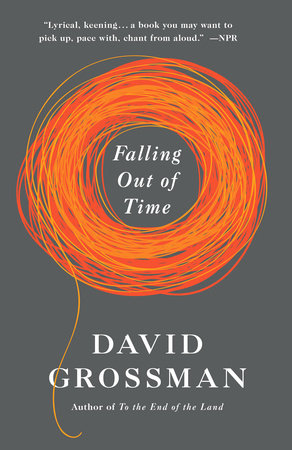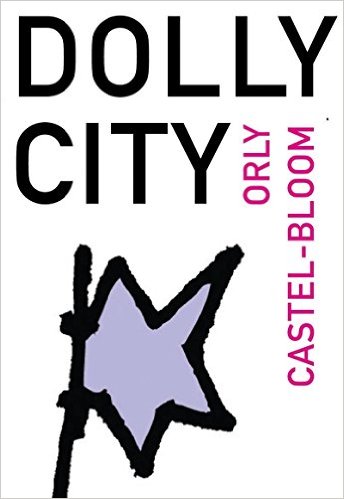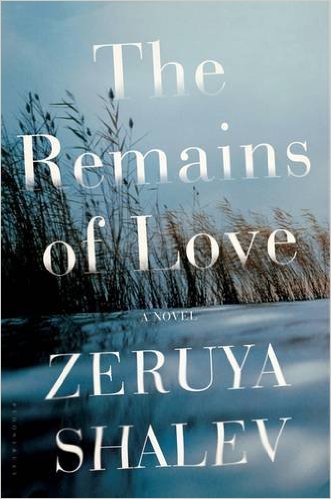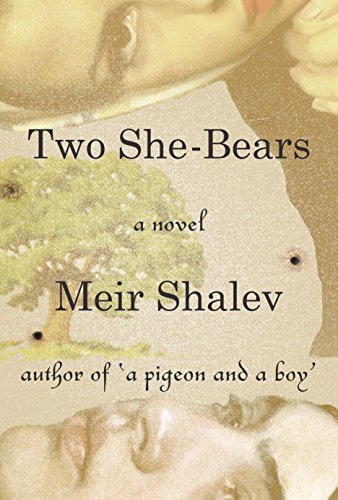The roots of contemporary Israeli literature run deep, with important foundations laid, beginning in the 1960s, by prose writers such as Amos Oz, Yaakov Shabtai, Shulamit Lapid, and A. B. Yehoshua, and poets such as Yehuda Amichai and Natan Yonatan.
“All these voices, in translation, have reached out to readers around the world.”
These authors are joined, more recently, by David Grossman, whose novels often touch on Israel’s painful political realities; Meir Shalev, who spins fantastical stories set in the Israeli heartland; Etgar Keret, who concocts surreal, and sometimes jarringly short, tales that juggle hilarity and tragedy; Orly Castel-Bloom, a postmodern experimentalist; and Zeruya Shalev, whose work often focuses on intimate family dynamics—to name only a few.
All these voices, in translation, have reached out to readers around the world, giving deep insights into Israel’s complex mind and culture. The range of styles and concerns is endlessly wide, but issues of identity, responsibility, and confrontation are present throughout.





